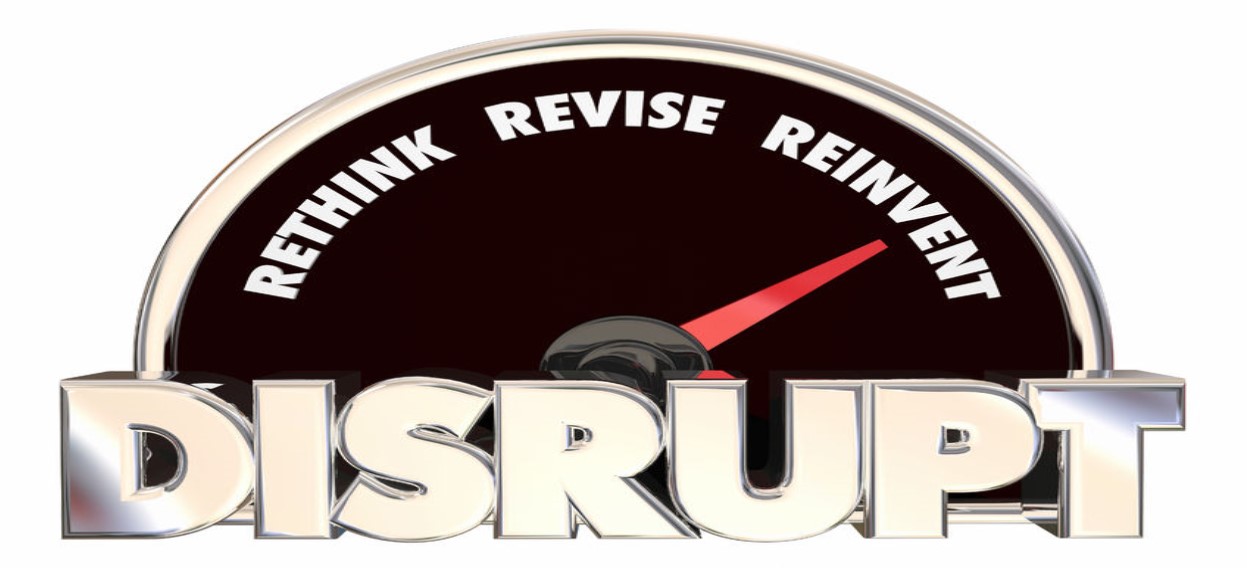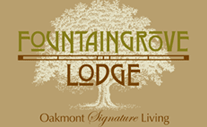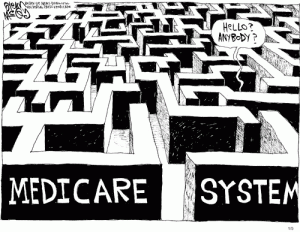No industry can thrive if it has contempt for the voice of its customers. Therefore, to end ageism, we need to start by listening to the elderly describe what it is like.
By Jack Cummings
Not long ago, there was a program at a senior housing conference with three panelists: two industry leaders – one a provider and one a supplier – plus a resident. The post-conference evaluations from the provider-dominated audience were both stinging and revealing. One provider-evaluator said it most clearly, “The resident’s participation was unnecessary.”
No industry can thrive if it has contempt for the voice of its customers. That is true of retailing – where Amazon.com has elevated customer service to a fine art – and it is still more relevant for senior housing.
Recently, we received the advance program for LeadingAge’s PEAK Leadership Summit, meeting soon in Washington, DC, as it does every year. This year, there is a new theme reflecting the “ageism” concern of LeadingAge President and CEO, Katie Smith Sloan. LeadingAge is an association with membership restricted to tax-exempt providers. Workshop 40-P, which opens the Leadership Summit, is titled “Ageism Workshop: Taking Steps Toward a New Vision.”
Tracey Gendron
A distinguished panel is to lead the session. Tracey Gendron is an Associate Professor in the Department of Gerontology in the School of Allied Health Professions at Virginia Commonwealth University. She “takes an all-inclusive approach to teaching about aging, particularly highlighting those understudied and underrepresented groups that are at increased risk of negative health outcomes based on discrimination. Her research is focused on the language, expression and perpetuation of ageism, aging, anxiety, and gerontophobia. Her personal and professional goal is to raise awareness of how deeply embedded ageism is within all cultures and settings.”
Kirsten Jacobs
Kirsten Jacobs is LeadingAge’s Associate Director, Dementia and Wellness. She leads the LeadingAge dementia and wellness education strategy. In that role, “She develops wellness, dementia and related content for conferences and other education efforts, including distance learning.”
Jennifer Nichols
Jennifer Nichols is a senior associate and assistant director of research interpretation and application at the FrameWorks Institute. FrameWorks’ mission is, “To advance the nonprofit sector’s communications capacity by identifying, translating, and modeling relevant scholarly research to frame the public discourse on social problems.
“A literary studies scholar by training, Jennifer Nichols has taught courses in literature, women’s studies, and interdisciplinary humanities. Her past research has analyzed the influence of migration narratives in American literature and film on US public discourse about economic mobility, immigration, sex trafficking, and the labor movement.”
The Voice of the Elderly
What’s missing from this panel of experts is the voice of the elderly to whom these thought leaders are committed. It’s not uncommon for providers to believe that the resident voice is unnecessary. I am not only a resident but, at age 80, I am now certifiably elderly, and I can affirm that it is only in becoming a resident that I have experienced anything that might be considered ageism.
Stomping Out Ageism
Given my experience, it is exemplary leadership for LeadingAge’s Katie Sloan to call the industry to identify and stomp out the ageism that exists within its ranks. Many may feel called to nonprofit service because they want to help unfortunates who are unable to fend for themselves. When people are automatically seen as “unable to fend for themselves,” merely because they have chosen senior housing residential living, the industry creates a self-fulfilling dynamic in which those the industry serves are seen as inherently lacking in cognition and no longer worth listening to. We see that in the panel just described. It’s unlikely that any of the panelists has themselves been subjected to ageism unless it is in the defiance of underage children for the admonitions of their parents.
Embracing Residents as Thought Leaders
By not embracing residents as thought leaders, the industry foregoes a source of intellectual talent that might otherwise help providers to thrive and to grow. America needs a vibrant aging services industry, but that industry is unlikely to achieve success if it disparages those it serves.
Of course, not all residents — and not all elderly people — are called to leadership any more than all employees of aging services provider organizations are called to leadership. But it is ageism to stereotype all residents as simpleminded, grey heads incapable of forward vision. Those elderly leaders are the disruptors whom the industry leaders would do well to heed. While some executives defensively clinging to the status quo, many see such residents as troublemakers, they are the evolving voice of those the industry exists to serve.
Envisioning Aging Services for the Future
Provider organizations that value their residents and embrace residents as co-thinkers in envisioning aging services for the future are the organizations that are most likely to survive the coming changes confronting the industry. Listening to the elderly requires heightened skills of discernment. Some older people, but not all, are stricken by dementia – early-stage or obvious. It takes wise leaders to be able to differentiate what messages should be heeded and which received only with compassion and empathy.
LeadingAge is to be commended for focusing its members’ attention on the challenges of ageism among its provider members. It takes courage for LeadingAge and its members to recognize that ageism is not some vague social phenomenon but that it is a mindset that is rampant in the executive chambers of some providers.
Clearly, though, if LeadingAge truly wants to end ageism, it needs to start by listening to the elderly describe what it is like. Let’s hope that LeadingAge can succeed in reversing the notion that old age, in and of itself, disqualifies people from participating in the direction of the organizations that serve the elderly.








